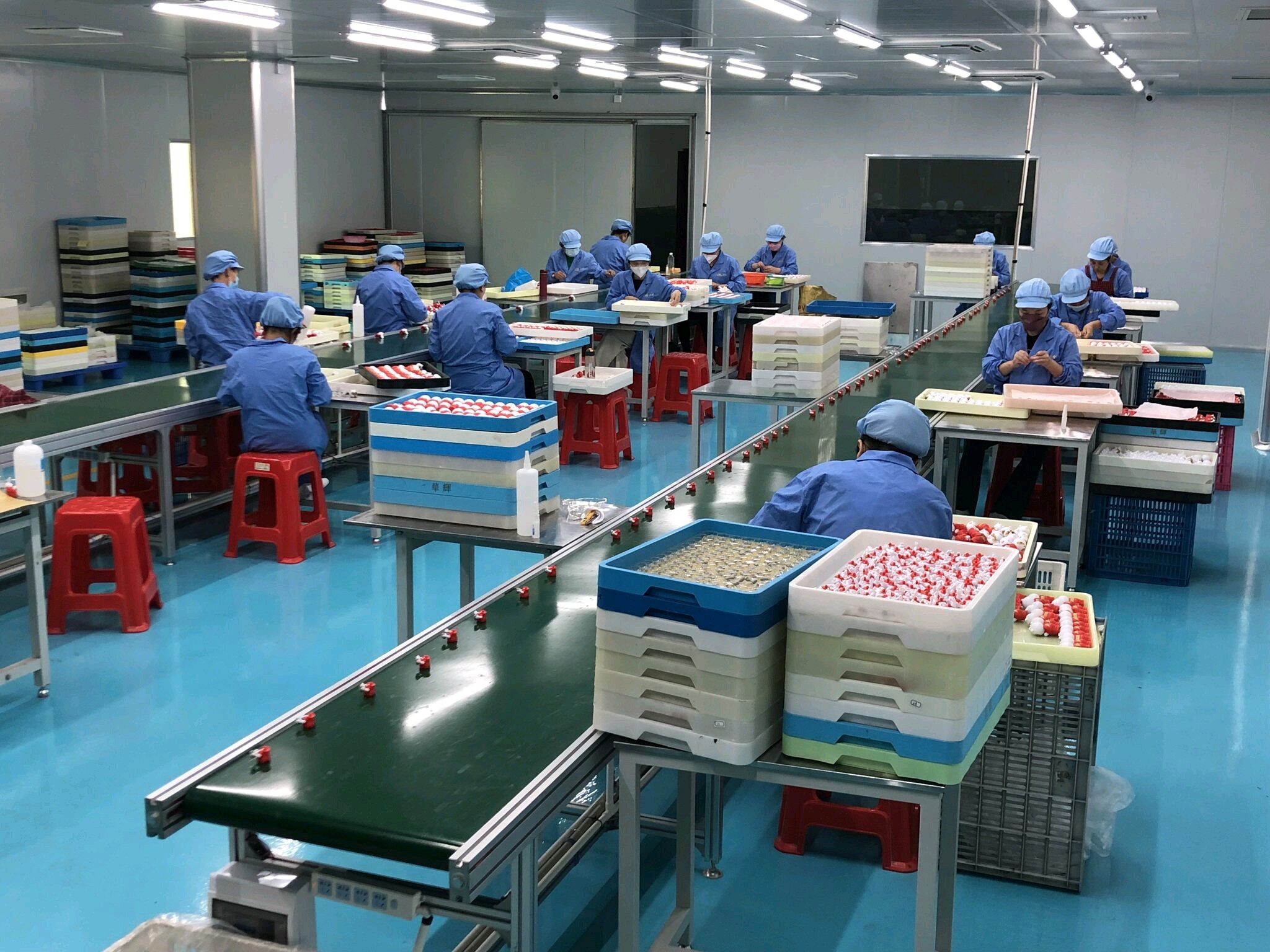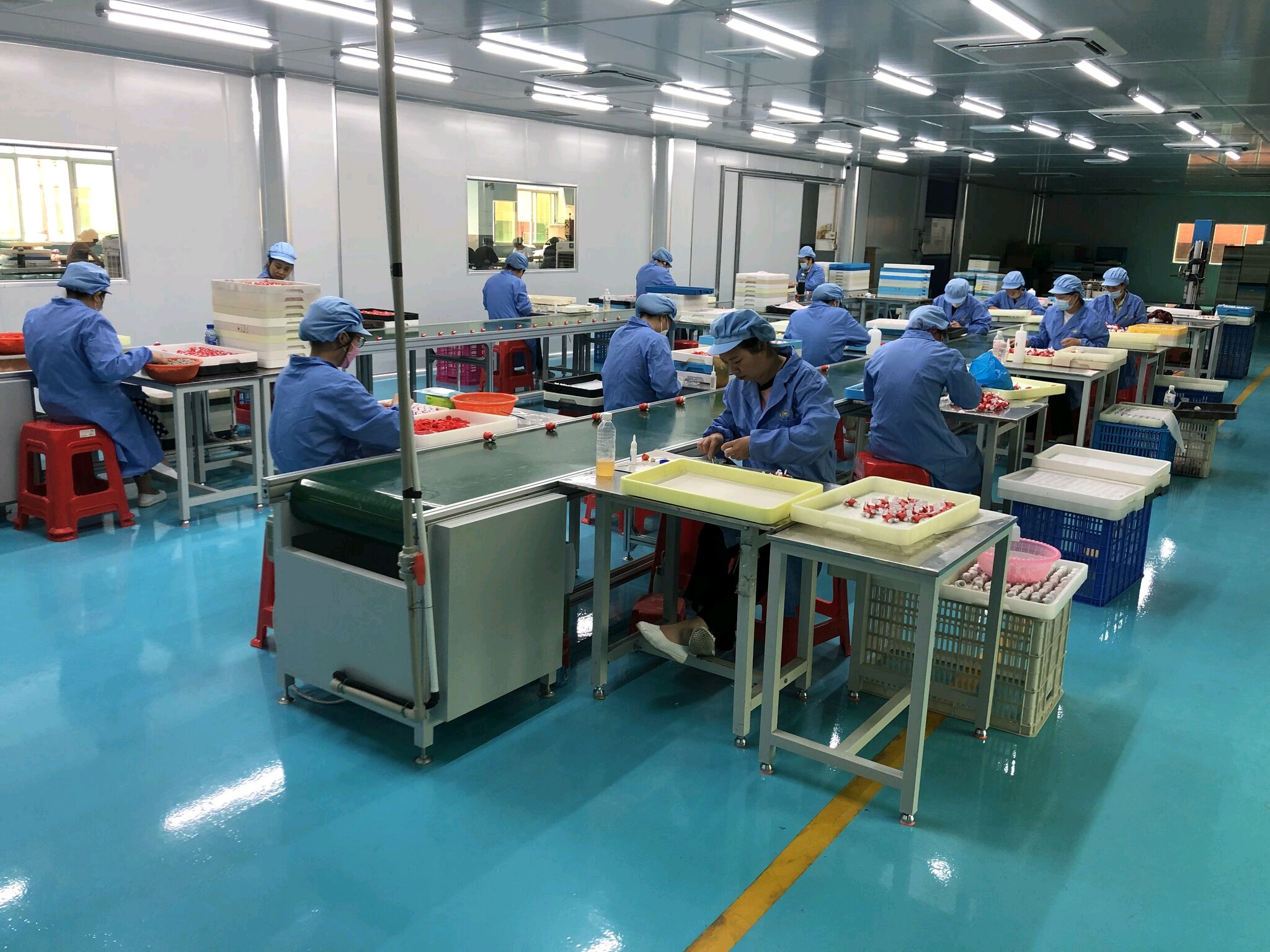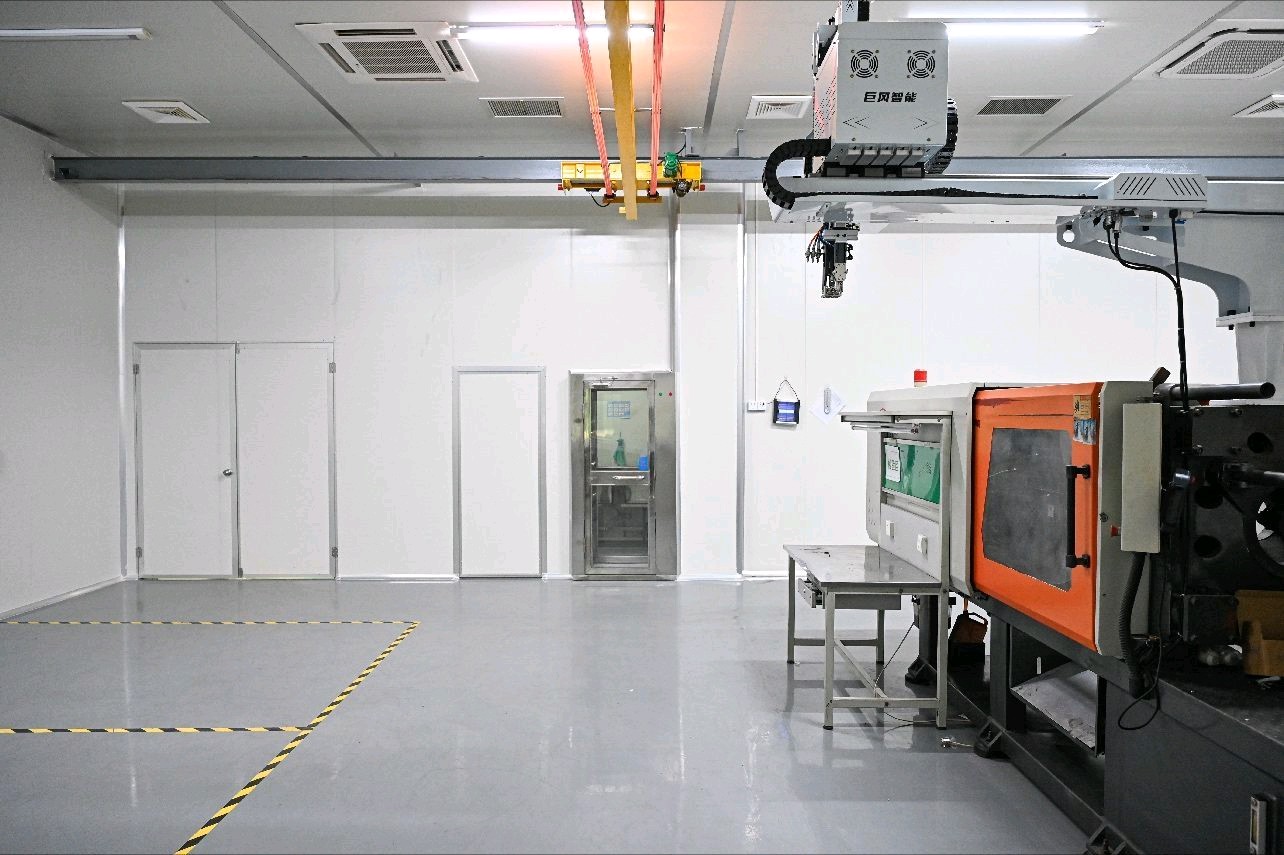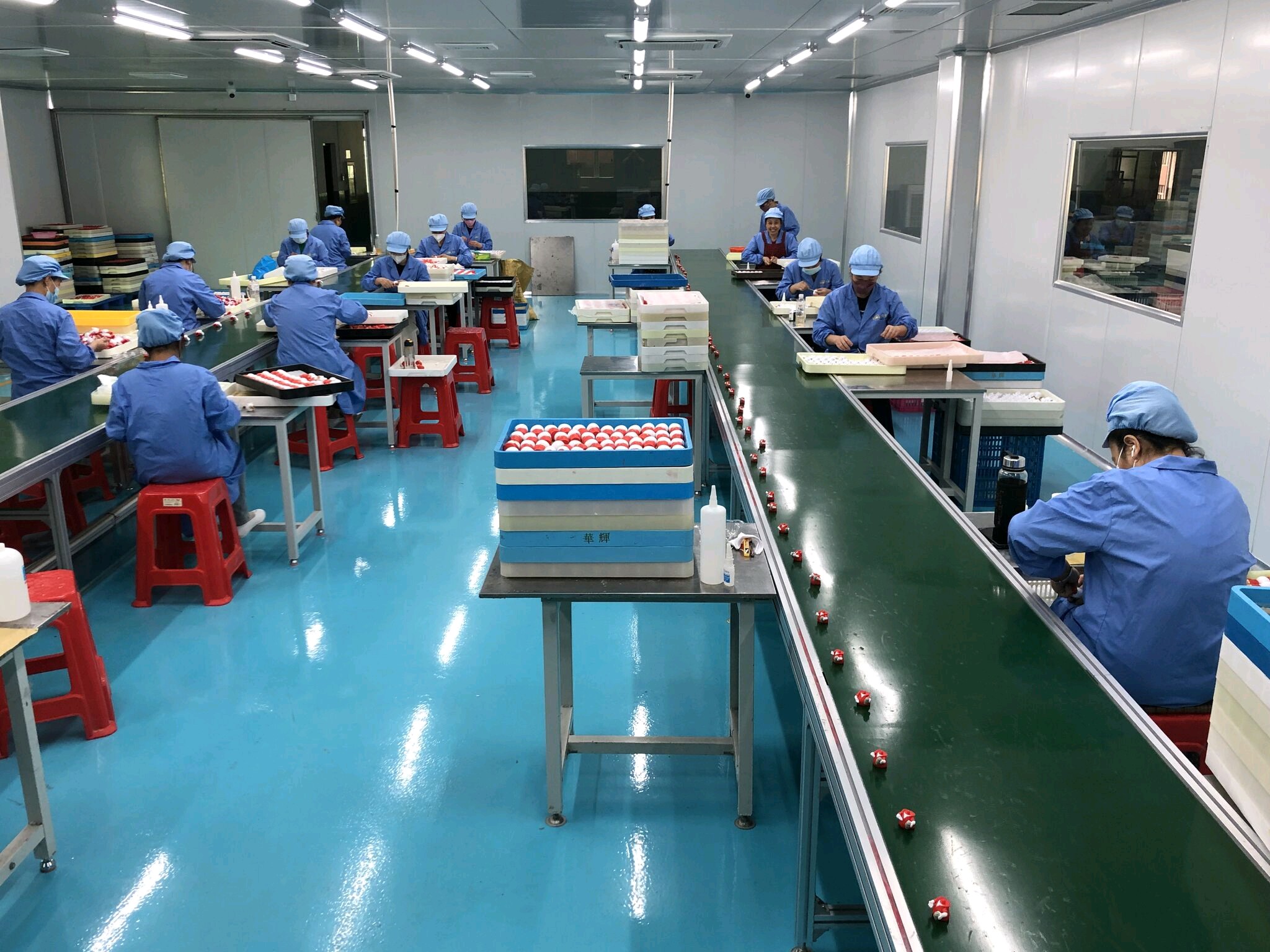Toys are an essential part of childhood, providing entertainment, education, and joy to children all around the world. However, the production of toys involves various processes that can introduce contaminants and impurities, posing potential health risks to children. To address this concern, toy manufacturers have implemented the use of clean rooms to ensure the production of safe and high-quality toys. In this article, we will explore the function of a toy clean room and the importance of maintaining a dust-free workshop in the toy manufacturing industry.
A toy clean room is a controlled environment designed to minimize the presence of airborne particles, contaminants, and other impurities that can compromise the quality and safety of toys. The primary function of a toy clean room is to provide a dust-free workshop where toys can be manufactured, assembled, and packaged without the risk of contamination. This is achieved through the implementation of strict cleanliness protocols, advanced filtration systems, and meticulous monitoring of environmental conditions.


One of the key functions of a toy clean room is to prevent the accumulation of dust and other particulate matter on toy components and surfaces. Dust particles can contain allergens, microorganisms, and other harmful substances that may pose health hazards, especially to young children who are more susceptible to respiratory issues and allergies. By maintaining a dust-free environment, toy clean rooms help ensure that the toys produced are safe for children to handle and play with.
In addition to safeguarding the health of children, toy clean rooms also play a crucial role in upholding the quality and integrity of toys. Dust and contaminants can affect the appearance, functionality, and durability of toys, leading to defects, malfunctions, or premature wear and tear. By minimizing the presence of airborne particles, clean rooms contribute to the production of toys that meet stringent quality standards and regulatory requirements, ultimately enhancing the overall customer satisfaction and trust in the brand.
Furthermore, toy clean rooms are instrumental in preventing cross-contamination during the manufacturing process. Different toy components, materials, and colors may be used in the production of a single toy, and the risk of cross-contamination between these elements must be mitigated. Clean rooms provide a controlled environment where the risk of mixing or transferring contaminants between different toy parts is minimized, ensuring the purity and consistency of the final products.
The design and operation of a toy clean room involve several critical elements that contribute to its effectiveness in maintaining a dust-free workshop. Firstly, the air quality within the clean room is carefully regulated through the use of high-efficiency particulate air (HEPA) filters and air purification systems. These filtration technologies remove airborne particles, including dust, pollen, and microorganisms, to achieve the desired level of cleanliness.
Moreover, clean rooms are constructed with smooth, non-porous surfaces that are easy to clean and disinfect, minimizing the potential for dust accumulation and microbial growth. The materials used in the construction of clean room facilities are selected for their compatibility with stringent cleaning and sterilization procedures, ensuring that the environment remains free from contaminants.
In addition to the physical infrastructure, the personnel working in toy clean rooms are trained to adhere to strict hygiene and gowning protocols. This includes the use of specialized clean room garments, such as coveralls, gloves, and hairnets, to prevent the introduction of contaminants from external sources. Regular training and monitoring of clean room staff are essential to maintain the highest standards of cleanliness and minimize the risk of contamination.
The importance of maintaining a dust-free workshop in the toy manufacturing industry cannot be overstated, especially in light of the potential health and safety implications for children. By investing in toy clean rooms, manufacturers demonstrate their commitment to producing toys that meet the highest standards of quality, safety, and cleanliness. This not only benefits the end consumers but also contributes to the reputation and credibility of the brand in the competitive toy market.

Post time: Mar-21-2024










